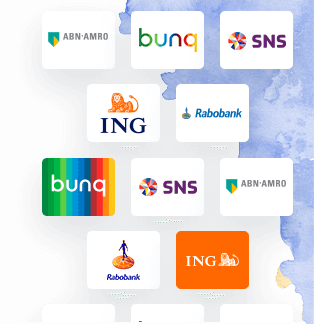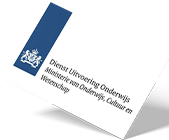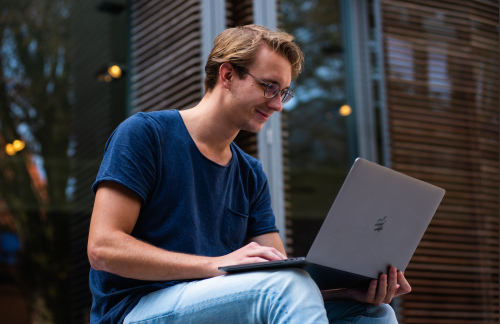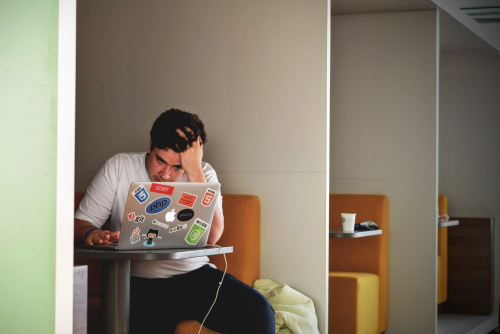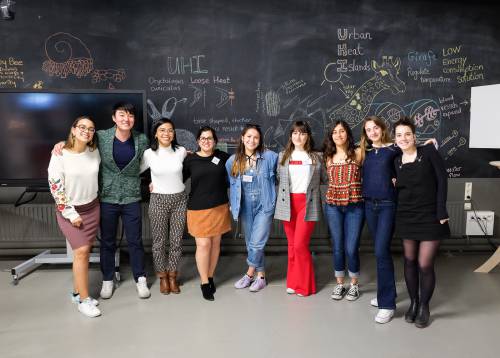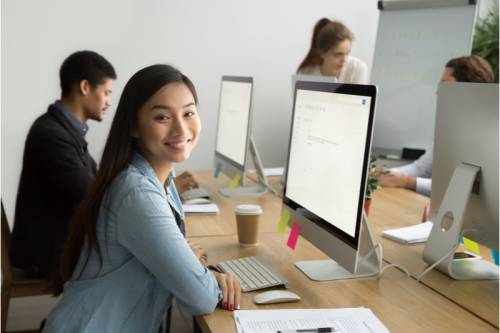
Davina studies International Relations at the Jacobs University in Bremen, and Arthur studies Mechanical Engineering at Fontys University of Applied Sciences in Eindhoven. Both are currently interns at the startup Incooling, which is a sustainability-focused startup that develops efficient cooling technology for chips in data centers. In effect, Incooling seeks to curb the CO2 footprint of (future) datacenters, which has already outgrown the aviation and shipping industry footprint combined together.
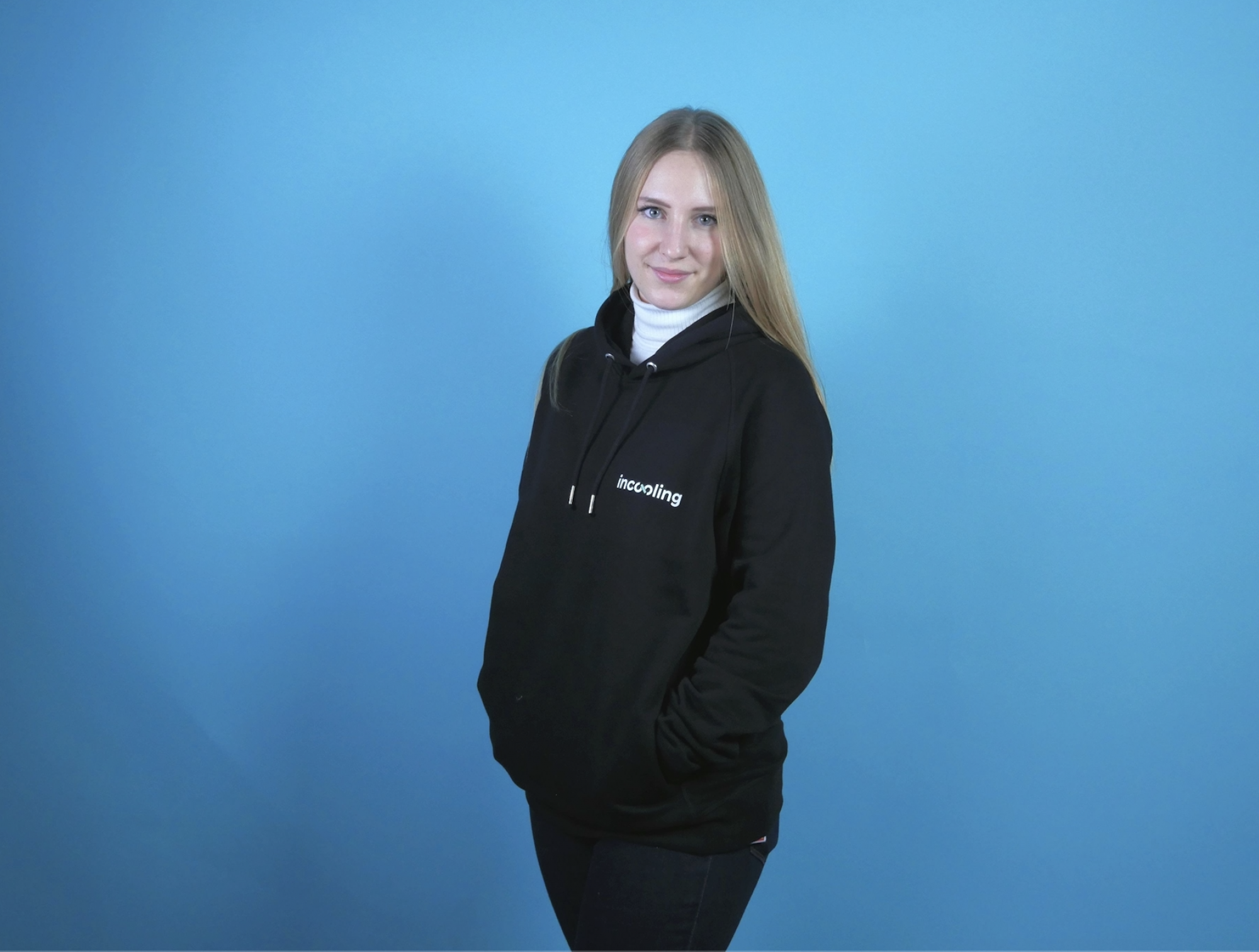
How did you find your position?
Davina: I’ve been Googling for “sustainable internships,” and went from country to country. I’ve been searching for internships for a whole year, during which I applied and got rejected for at least 25 internships because of corona or because I was too late. At one place I got a summer internship because I had a contact on the inside. I ended up looking at the Netherlands because there were multiple options available here, and I like the culture and the vibe. So, I sent 5 other applications in 2 weeks’ time, and Incooling was actually the one who called me back the same day asking if I wanted to have a talk with them.
Arthur: I found the internship position at Incooling via a friend of mine who works there. Before I did my studies, I always wanted to do something with technology, and during my studies, I really started to like the energy, technology, and sustainability aspects. So, when I got the opportunity to do an internship where I could work at the intersection of these aspects, I applied right away.
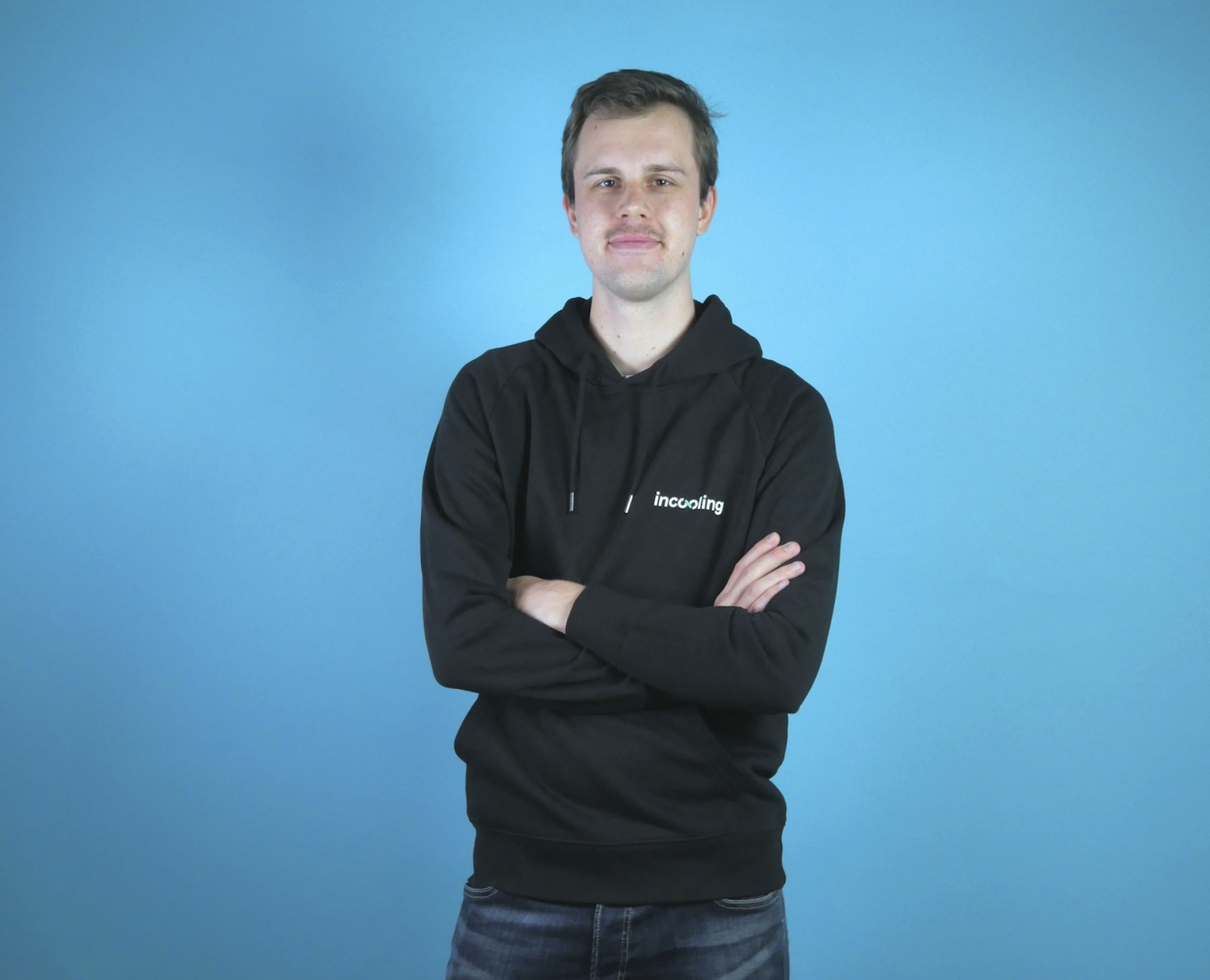
How did the interview process go?
Davina: I prepared a lot to learn about the startup, but during the interview, I actually got more complex questions that were aimed at my personality. This was very different from the corporate internship I did in summer because at Incooling they were really analyzing if I would fit in with their culture. As such, it was really personal and professional at the same time, which was a challenging but fun experience to go through. At the time, I was afraid that corona would influence the start of my internship, but luckily it all turned out well.
Arthur: I can much relate to Davina’s experience. The interview process contained roughly 2 elements: a conversational element in which I got the chance to talk with other colleagues already, and a technical element during which they looked into my capacities and asked about my skillset.
How is the startup environment different from the corporate environment that you experienced?
Davina: Colleagues at my previous internship position were much older, so I had not much of a connection with them. At incooling, we are a young dynamic team, with most of the people having an international background. This made it very easy to integrate for me, and now it feels like a group of friends working together who are having a laugh all the time. I really liked that on my first day we had lunch with the whole team together, so I immediately had time to meet everyone. In about 2 weeks’ time, I really felt included as part of the team.
Arthur: When I was at a large company, people were always in their offices, which meant that everyone works more or less isolated. There, you are simply colleagues and the age group that you’re in matters a lot, which comes back in the distanced way that people talk to one another. At Incooling, working hours are more flexible with a lot more after hours, which makes it less stressed. We also have a lot of team meetings in between to discuss strategy and how everyone will achieve their goal, which really binds you to the company. Here, we are more equals; I can have lunch or a laugh with the founder/CEO or ask him a question at any time, whereas I’ve never even met the management at my previous internship.
I also integrated in about 2 weeks, and it feels like I’m in a group of friends that is more than just a company. We have a really friendly atmosphere where we have a lot of inside jokes together, which helps to never feel alone. You notice that everyone stands behind the startup’s vision and mission, and this feels good. It’s also interesting that we have a very multicultural group, and a roughly 50/50 male to female ratio, which is quite unique in the male-dominant tech industry.
What reasons would you give for doing an internship in a startup?
Davina: There is flexible management of the company, which actually listens to what I’m having to say. This means that I’m more involved in decision making and that my voice and actions directly impact and reflect the startup’s success. As such, I’m more than just an intern like I was during my previous internship, which enables me to really evolve both as a person and as a professional.
Arthur: If you have the chance to do an internship in 2 places, choose a startup and a corporate environment, because this way you learn most and notice what you prefer best! At a startup, you are more involved, which means that you also have more responsibility. You have to set your own agenda and decide how you manage your tasks effectively, while your tasks are also a bigger part of the entire company process. Also, there is more inclusion and a more aligned vision, which is a powerful feeling and working atmosphere to be in. At Incooling, for example, we all have a sustainability vision, and management cares a lot about everyone involved.
What advice would you give to people looking for a startup internship?
Davina: Begin with asking your friends and family, via connections it’s always easier to get in. Also, make sure to start looking early, because there are many students all over the world looking and applying for internships here. The process might take long, so make sure to keep it interesting for yourself. For example, I rephrased my applications and constantly updated things because I got bored with myself to the point that I didn’t even like my picture anymore. Make sure to do real research too: skip the first few pages on Google, use different keywords for your interests, and check for blogs on startup companies in your interest field.
Arthur: Even if you get rejected many times, don’t let yourself get demotivated because of this. Embrace it as part of the process, because that way you’ll be able to improve your application with every time you go for it! Try to look beyond LinkedIn and advertisements too when you search for a startup because these are usually not on top of the list. Finally, really look at a startup goal that you align with because you’ll be very involved in this once you get started.













